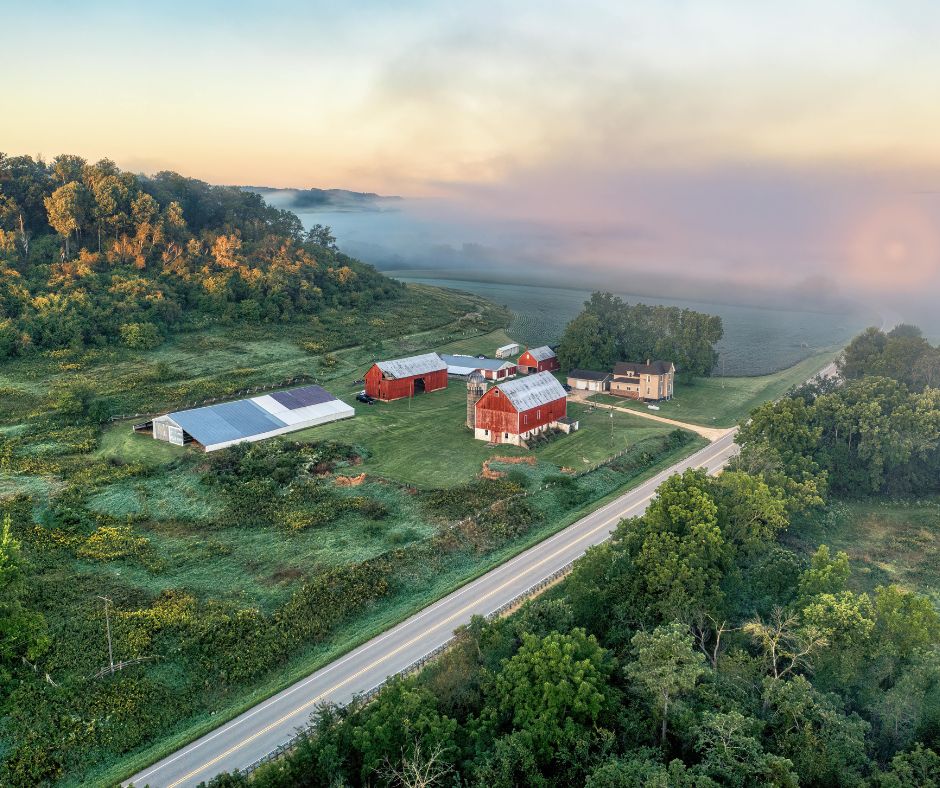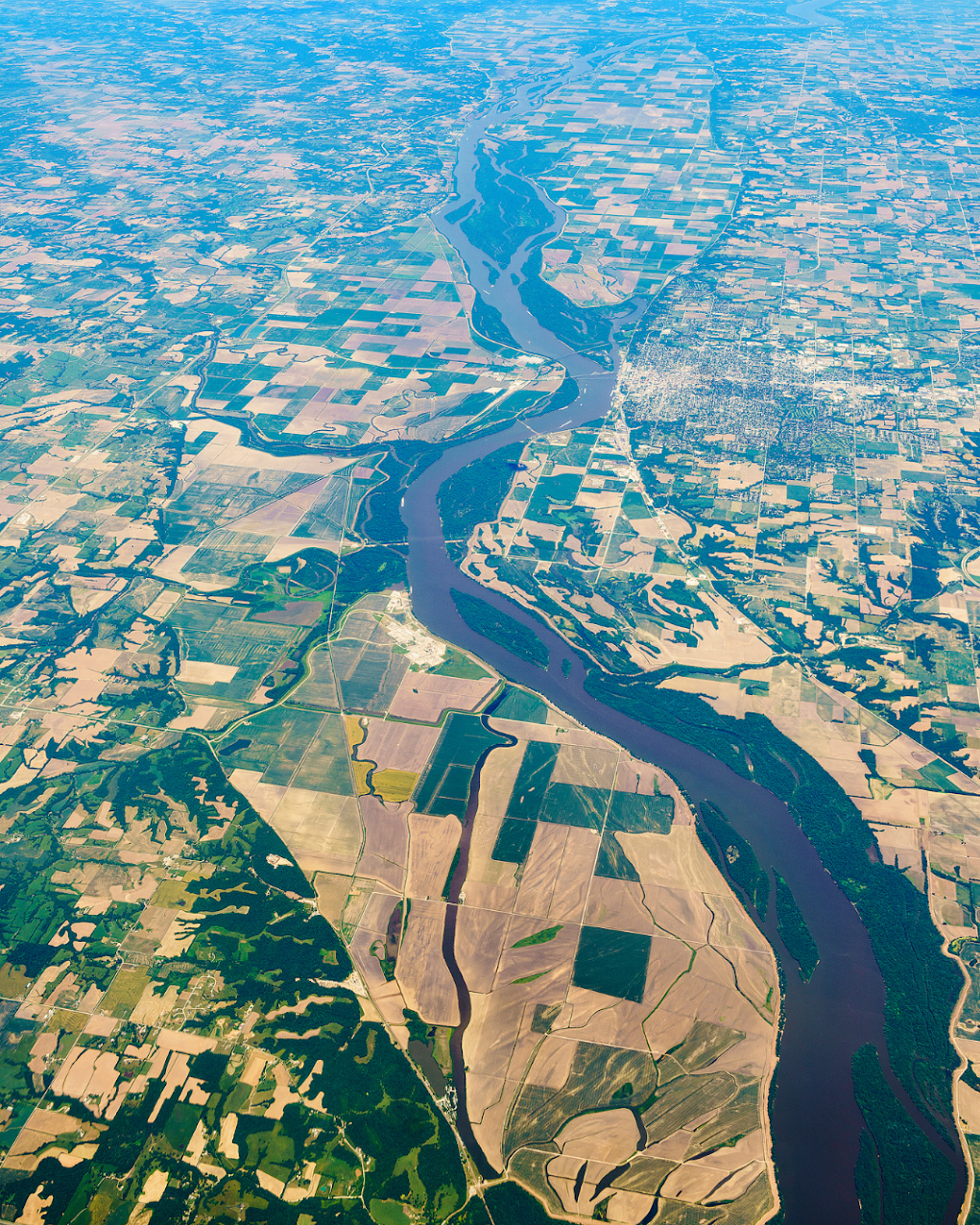We need a new Farm Bill — but it must be robust and care for families, farmers, and the Mississippi River
Open the newsletter
Summer on the Mississippi River is a season of abundance—food, family, and fun. But in Washington, D.C., this summer brought a different story. A budget reconciliation measure signed by the President cast a cloud over a bipartisan opportunity to improve our food and farm system, thereby undermining safeguards that help local economies and low-income families meet their basic needs.
Now in the fall, the cloudy skies continue. Some of our elected officials are pushing for a “skinny,” pared-down version of the Farm Bill, which could be another blow to families and farmers.

But there’s still a path forward.
This work isn’t just about policy on paper—it’s about people, water, and the places we all depend on. One Mississippi believes Congress must take strong, bipartisan steps to turn from disaster to bounty. And while we desperately need a new Farm Bill, it must be robust and care for families, farmers, and the Mississippi River.
What does that look like?
A better Farm Bill must:
- Support families and individuals through accessible Supplemental Nutrition Assistance Program (SNAP) benefits.
- Prioritize food safety, health, and affordability.
- Promote family-sustaining jobs for food workers.
- Support family farmers and rural communities.
- Encourage food systems that reflect our shared values.
- Find One Mississippi’s Top 10 Farm Bill priorities below
“As organizations representing millions of individuals, farmers, workers, and families whose lives and livelihoods are impacted by the Farm Bill, we urge you to aim high toward a farm bill that restores Americans’ trust in the federal government. … Anything short of that fails our farmers, our communities, and us all.” —Excerpt from a joint letter to Congress signed by more than 600 organizations, including One Mississippi.
A Farm Bill for the River
The health of our farms and the health of our River are inseparable. A new Farm Bill must deliver meaningful conservation reforms—addressing issues vital to One Mississippi (see infographic below) and essential to the health and resilience of the people, land, water, and wildlife of the Mississippi River.
The Farm Bill is typically renewed every five years and was last passed in 2018; its renewal has now dragged on, with negative impacts. For example, Farm Bill Conservation Programs are crucial for environmental protection and rural employment. Despite today’s challenges, members of our Farm Bill Hive (see below for more info) have been collaborating throughout the year to identify key policy reforms to strengthen conservation efforts.
Farms, Water, and the River
What happens on farm fields doesn’t stay there. Soil, fertilizers, and chemicals that wash away from fields often end up in streams, rivers, and ultimately the Gulf. That’s why the Farm Bill matters so deeply to anyone who cares about clean water and healthy rivers.
Our leaders must prioritize the well-being of the people, land, water, and wildlife of the Mississippi River (and beyond) by passing a healthy, robust Farm Bill. That would bring some much-needed sunshine to otherwise dark skies.

Stay Connected
The next Farm Bill will shape the future of our food, farms, and the Mississippi River. Policy changes don’t happen overnight—but collective action makes a difference. Join our River Citizen community to stay informed about the Farm Bill, conservation issues, and opportunities to speak up for the people, land, water, and wildlife of our Mighty Mississippi!

Marie Risalvato
Policy Manager, One Mississippi
Looking for more information?
- Read more from our Network members at the National Sustainable Agriculture Coalition about How the Government Shutdown is Impacting Farmers and how the expiration of the 2018 Farm Bill affects farmers and food system stakeholders nationwide.
- What happens upstream impacts life downstream. Our recent blog, The 2025 Gulf Dead Zone: A Yearly Reminder that we Still Have Work to Do, is an excellent primer on how pollution flowing downstream across the Mississippi River watershed leads to the Gulf “Dead Zone”—an area with little to no oxygen where marine life must flee or risk perishing in oxygen-depleted waters.

